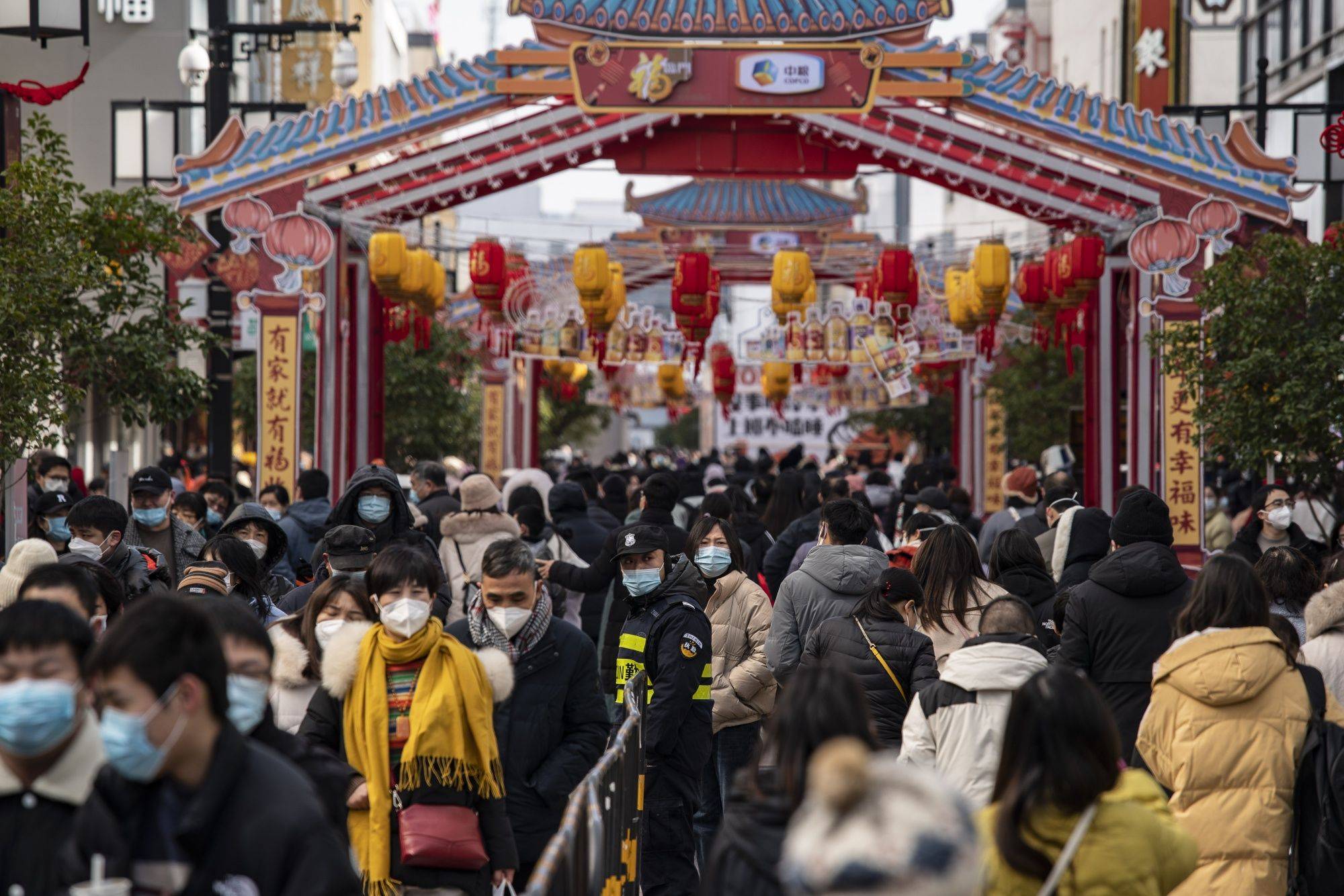China’s reopening is set to provide a welcome boost to global growth, offsetting weakness in Europe and a looming recession in the U.S. But unlike in 2009, when China’s 4 trillion yuan stimulus helped kick-start a recovery from the financial collapse, in 2023 there’s a catch — a boost to inflation at exactly the moment the Federal Reserve and other central banks are racing to bring it back under control.
That’s why Kristalina Georgieva, head of the International Monetary Fund, said this month that China’s pivot from "zero-COVID" is probably the single most important factor for global growth in 2023, but cautioned on what it might mean for inflation. "What if the good news of China growing faster translates into oil and gas prices jumping up, putting pressure on inflation?” she said at the World Economic Forum in Davos.
Bloomberg Economics forecasts an increase in China’s GDP from 3% in 2022 to 5.8% in 2023. Modeling the relation between China’s growth, energy prices and global inflation suggests that could lift consumer prices by close to a full percentage point in the final quarter of 2023. If China outperforms, with growth surging to 6.7%, the boost would be closer to two percentage points.

















With your current subscription plan you can comment on stories. However, before writing your first comment, please create a display name in the Profile section of your subscriber account page.